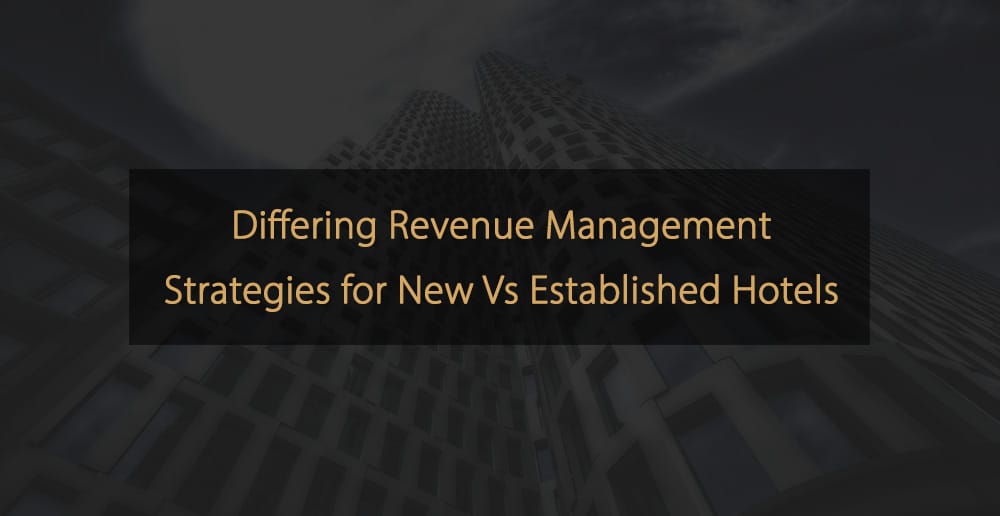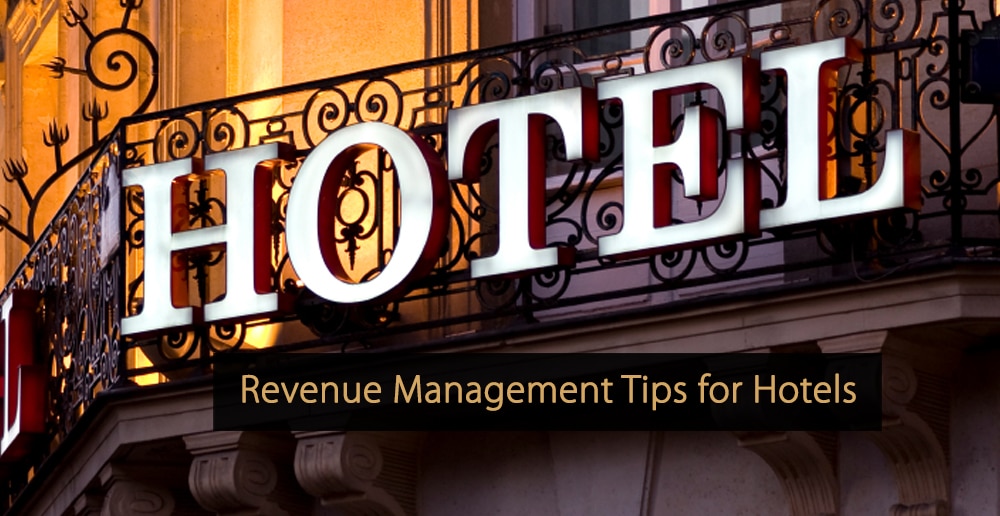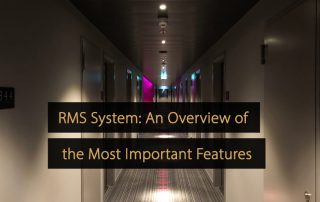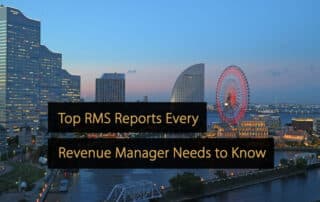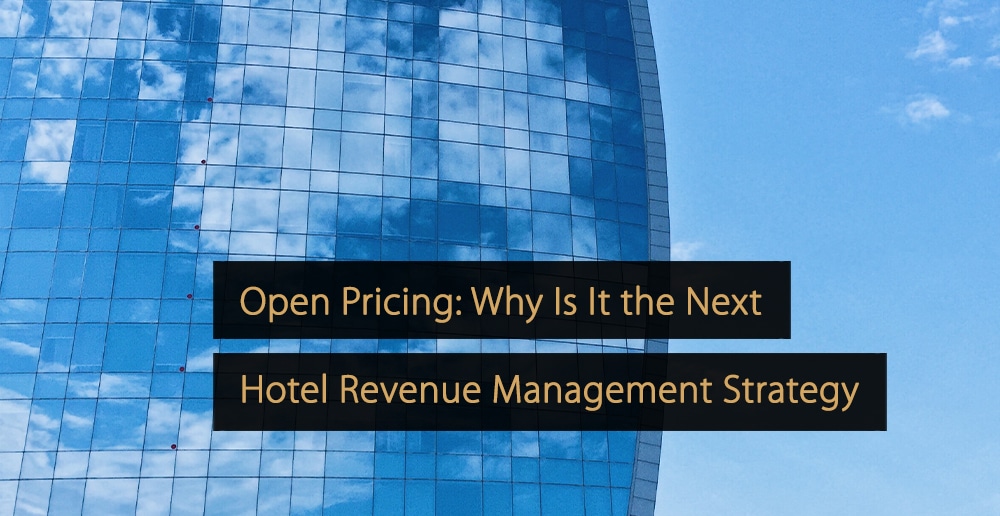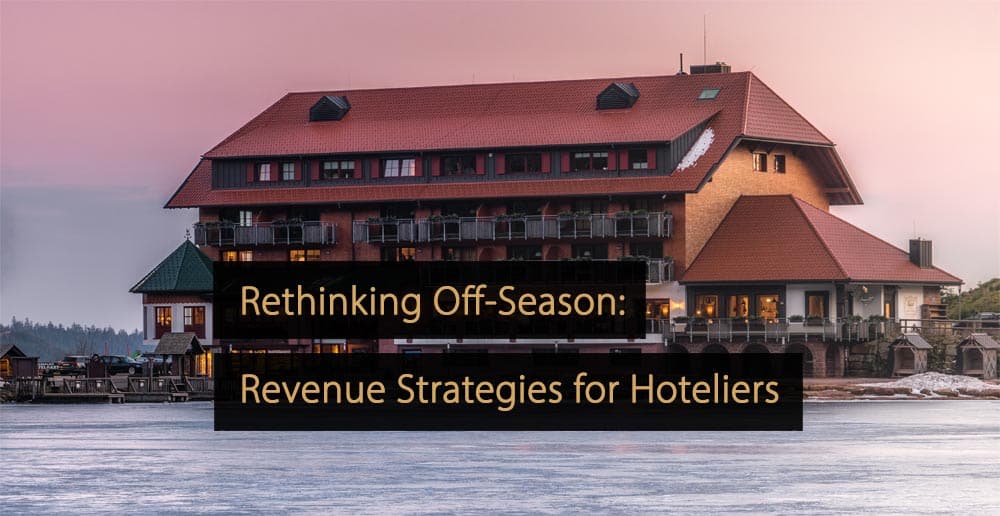Revenue Management Trends: Latest Developments of 2025
A significant part of getting the most out of a hotel revenue management strategy involves keeping up with the latest revenue management trends and implementing associated strategies while investing in relevant technology. In this article, you can learn all about the latest revenue management developments in 2025 to stay ahead of the game. Table of Contents: Understanding the Basics of Revenue Management Keep Up to Date With the Latest Revenue Management Trends 24 Revenue Management
Differing Revenue Management Strategies for New Vs Established Hotels
Question for Our Revenue Management Expert Panel: What are the recommended revenue management strategies for new hotels / resorts? How do they differ to those used by established properties? Our Revenue Management Expert Panel Dr. Betsy Stringam-Bender - Professor of Hotels & Resorts, New Mexico State University Ricardo Sereno - Revenue Manager, Altis Hotels Dermot Herlihy - Owner, Dynamic Hospitality Consulting Pablo Torres - Director Of Sales Marketing,
12 Revenue Management Tips for Hotels
Revenue management within the hospitality industry involves predicting consumer demand to optimize sales, allowing businesses to sell at the right price to the right customer at the right time. In a hotel, this may mean turning away business now to do more profitable business tomorrow. When carried out correctly, revenue management can be extremely effective, helping companies significantly boost their profit margins. Here, we provide 12 revenue management tips for hotels. Table of Contents: 1.
5 Revenue Management Tips for Beach, City, Mountain, or Countryside Hotels
As a hotelier, you know your hotel faces unique revenue management challenges. Your location, primary types of travelers, and the season of the year all play into profitable pricing strategies. This article addresses specific ways to improve your revenue and profitability, regardless of location or seasonality. Revenue Management Tips for Beach, City, Mountain, or Countryside Hotels Some of these tips are essential to savvy revenue management practices regardless of location or seasonality. For instance, the
RMS System: An Overview of the Most Important Features
Revenue management is an important concept for those in the hotel industry. A revenue management system (RMS system) can go a long way towards ensuring you make informed decisions, based on evidence and data. In this article, you will learn more about RMS software, and the most important features to look out for. What is Revenue Management? Revenue management is making the right strategic and tactical decisions, to maximize the revenue you generate. To achieve this,
Do Small Hotels Need a RMS? How to Overcome the 6 Challenges?
As a hotelier, you have a lot on your plate. From taking care of your staff and guests to managing your online presence, bills and housekeeping - it’s no easy task. But even so, it is imperative you do not overlook one of the most important things to manage: your hotel revenue. In this article, you will learn what the advantages are of a revenue management system (RMS) for smaller hotels and how it helps
Top RMS Reports Every Hotel Revenue Manager Needs to Know
Revenue managers have no shortage of data at their fingertips. To visualize that data in an understandable and actionable way, here are some top RMS reports that every revenue manager should be familiar with. RMS Reports Every Hotel Revenue Manager Needs to Know Below you'll find top revenue management reports that every revenue manager should be familiar with to visualize data understandably. Pace Report The pace report reveals how well your pricing strategies are working:
Open Pricing: Why Is It the Next Hotel Revenue Management Strategy
Open pricing is an increasingly important strategy for increasing hotel revenue. It allows hotels to target various customers across different budgets, maximizing revenue and raising occupation levels all year round. With open pricing, rates, and services can be pitched optimally to ensure maximum uptake without compromising quality. In this article,
Onboarding for Different Revenue Management Team Levels
Question for Our Revenue Management Expert Panel: How Does the Onboarding Process of Revenue Management Teams Differ According to Level? Which Topics Should Be Emphasized for Each Level? (Question by Daniel Feitosa) Our Revenue Management Expert Panel Heiko Rieder - Vice President Business
The On-Site or Remote Work Debate in Hotel Revenue Management
Question for Our Revenue Management Expert Panel: As there has been a significant increase in hybrid and remote working over the last few years, should the role of revenue manager be on-site or remote? And why? (Question by Oleksii Kapichin) Our Revenue Management
Rethinking Off-Season: Revenue Strategies Hoteliers Need to Follow
Unless you’re operating a ski resort or fortunate enough to have a property located in a year-round warm-weather travel destination, the autumn and winter months can be particularly slow for hoteliers. These low-season booking conditions can lead to some hoteliers adopting an ‘a busy hotel is a successful hotel’ strategy,
NRevPAR Clearly Explained!
Net revenue per available room, or NRevPAR, is used by those within the hotel industry as part of a wider revenue management strategy, helping them to assess overall business performance. As a KPI, the NRevPAR metric is similar to RevPAR, but factors in distribution costs. Therefore, it is arguably a
Moving Ahead Towards The Light: The Hospitality Industry’s New Trials and Possibilities
There's no doubt that 2022 brought terrific developments for the hospitality industry. Most countries reopened their borders and did away with travel restrictions, and demand matched or even exceeded 2019 levels. However, it's not smooth sailing all around. Our sector faced many ongoing challenges due to the pandemic, and some


